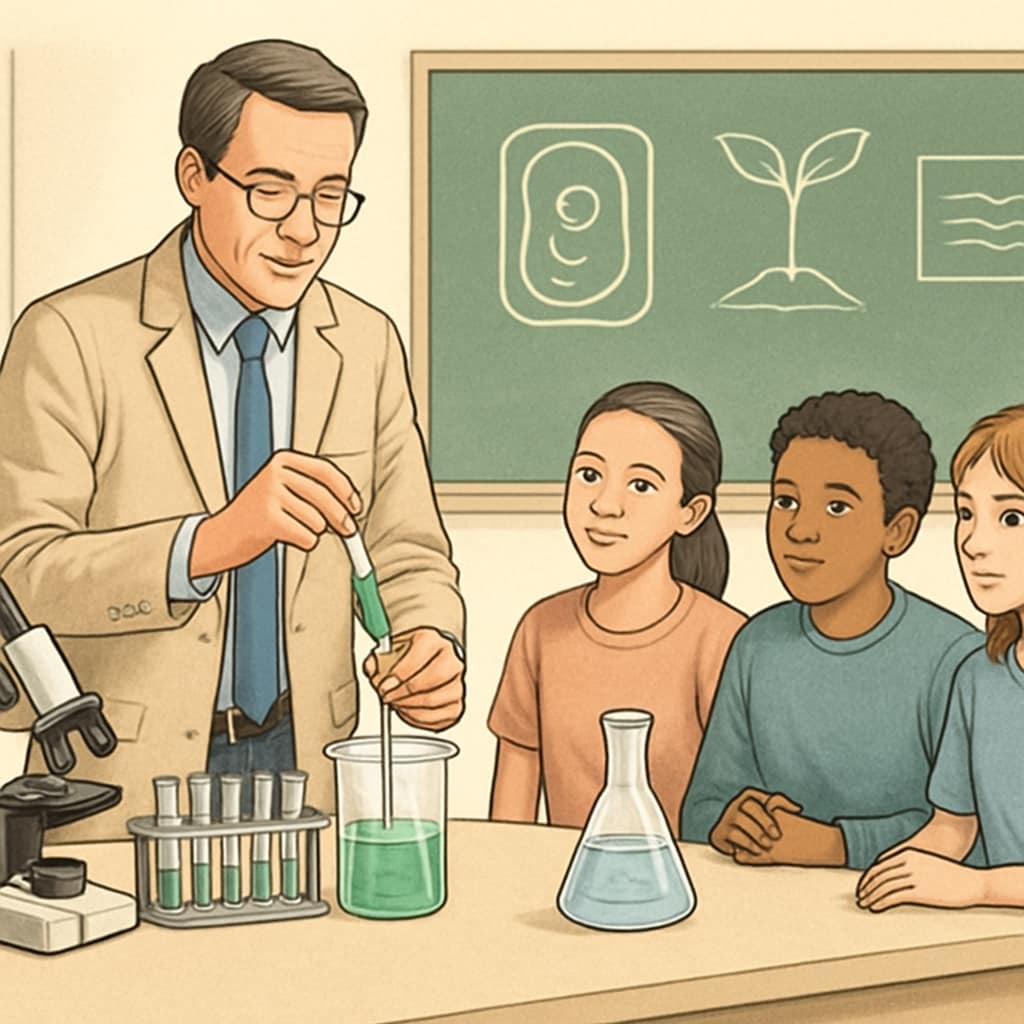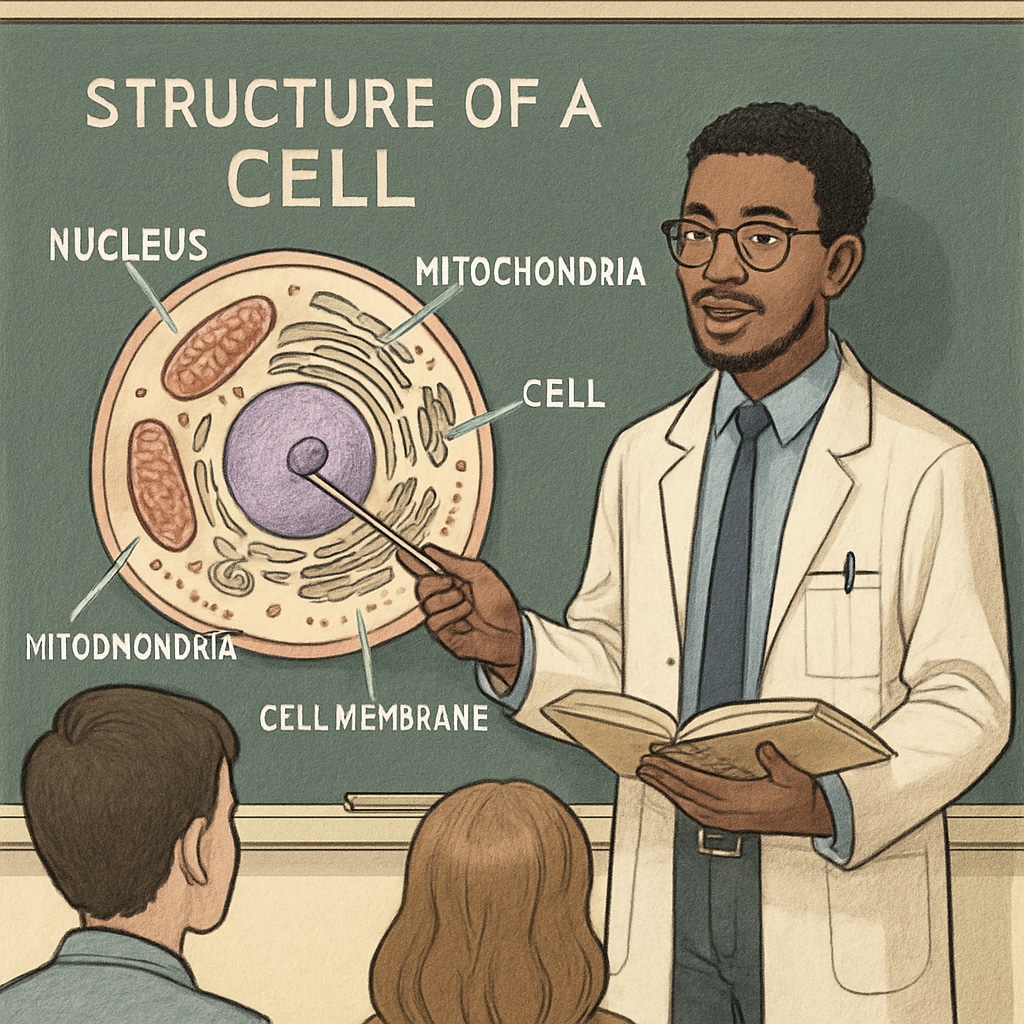For students with a biology background, shifting to a master’s degree in education might seem like a leap into a different world. However, this “biology to education” transition is not only feasible but also filled with unique opportunities. With a solid foundation in analytical and research skills, biology graduates are well-equipped to bring valuable perspectives to the field of education. This article explores the advantages, challenges, and practical strategies for those looking to make this rewarding professional transition.
Why Consider Transitioning from Biology to Education?
Graduates with a biology degree often find themselves drawn to education for various reasons. Some may have a passion for sharing knowledge, while others are inspired to contribute to shaping future scientists and thinkers. The intersection of STEM (Science, Technology, Engineering, and Mathematics) and education is an area of growing demand globally, offering biology graduates the chance to make an impact. According to Britannica’s overview of education, STEM educators play a critical role in fostering scientific literacy and innovation among students.
The skills acquired during a biology degree—such as critical thinking, data analysis, and experimentation—translate well into the classroom. For example, biology graduates can create hands-on learning opportunities, using their expertise to design engaging science lessons that inspire curiosity. Furthermore, their experience in research equips them to teach students how to approach problems methodically, a skill valuable in any discipline.

Challenges of Switching from Biology to Education
Despite its appeal, transitioning from biology to education comes with its challenges. One of the primary hurdles is adapting to a new pedagogical framework. While biology focuses on empirical data and experimentation, education emphasizes student engagement, learning theories, and classroom management.
Moreover, earning a master’s degree in education often requires coursework in psychology, curriculum development, and teaching methods—areas that may be unfamiliar to biology graduates. These new concepts can feel overwhelming initially, but they are essential for understanding how to effectively reach and teach diverse student populations.
Another challenge is the certification process. Depending on the region or country, teaching certification may involve additional exams, internships, or practical teaching experience. Understanding these requirements early on is crucial to ensure a smooth transition. For example, the Wikipedia page on teaching credentials provides a helpful overview of certification paths in different countries.
Strategies for a Successful Transition
For biology graduates considering this professional switch, here are several strategies to facilitate the transition:
- Understand the Prerequisites: Research the requirements for a master’s in education, including prerequisite courses, certification exams, and teaching internships.
- Leverage Your STEM Background: Highlight your expertise in biology and related STEM fields as a unique strength when applying to education programs or teaching positions.
- Gain Classroom Experience: Volunteer or work as a teaching assistant in schools to familiarize yourself with classroom dynamics and teaching practices.
- Choose the Right Program: Look for education master’s programs that offer specializations in science education or STEM curriculum design.
- Network with Educators: Connect with professionals in the education field to gain insights, mentorship, and potential job opportunities.
By taking these proactive steps, biology graduates can build the confidence and skills needed to succeed in their new roles as educators.

The Rewarding Path Ahead
The decision to transition from biology to education is not without its challenges, but the rewards are immense. As educators, biology graduates have the opportunity to inspire future generations, promote scientific literacy, and contribute to the development of innovative teaching methods. This journey also allows them to combine their passion for science with the joy of teaching, creating a truly fulfilling career path.
In conclusion, the shift from “biology to education” is entirely feasible for those willing to embrace new learning opportunities and adapt to the demands of teaching. By leveraging their unique background and addressing the challenges head-on, biology graduates can make a significant impact in the classroom and beyond. As a result, this career transition not only benefits individual educators but also enriches the broader educational landscape.
Readability guidance: Short paragraphs and lists are used to enhance clarity. Transition words like “however,” “for example,” and “as a result” are included to ensure smooth reading. Passive voice is minimized to maintain an engaging and concise tone.


